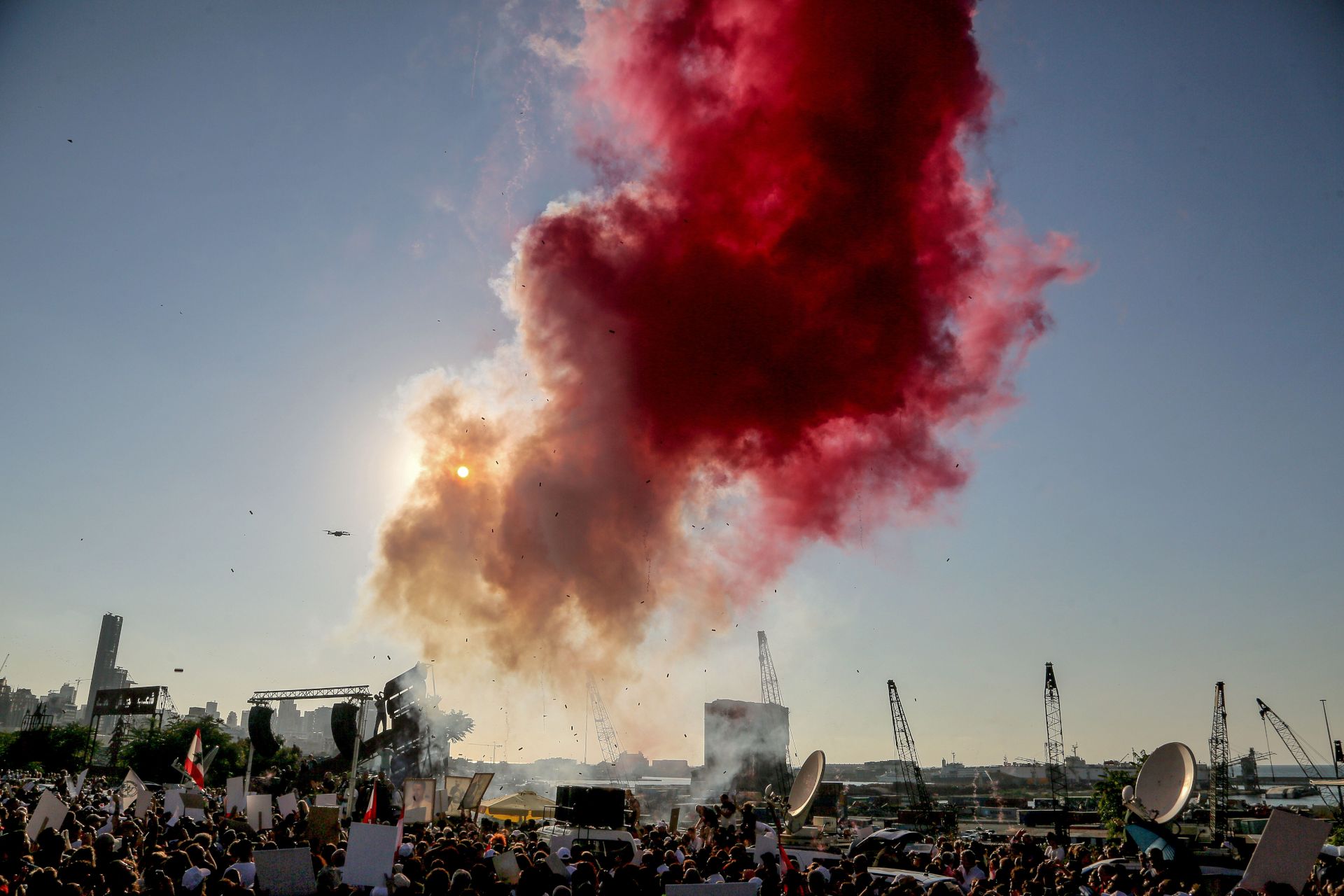On Aug. 4, 2020, Dalal Mawad was preparing to feed her cat when hundreds of tons of ammonium nitrate, left forgotten at Beirut’s busy port, exploded. The blast ripped through the Lebanese capital, killing hundreds and injuring thousands. It was one of the most powerful non-nuclear explosions in human history, the result not of war but of corruption. Yet, to date, no one has been held accountable.
In the aftermath, Mawad began work on her recently published book about the port blast, “All She Lost: the Explosion in Lebanon, the Collapse of a Nation and the Women Who Survive.” But when she set out to interview dozens of women about the distress they endured that day, she discovered that just like the fertilizer at the port, her country’s trauma had also been forgotten.
“I thought, this is a history book,” she tells New Lines magazine’s Rasha Elass. “It’s not just a book about the explosion. It’s also about Lebanon’s unprecedented collapse.”
“It’s trauma on top of trauma. They haven’t found justice. They haven’t found peace.”

Before the Beirut explosion, the country’s banking sector had collapsed, leaving countless citizens locked out of their life savings. By that time, Lebanon had spent 12 years enduring the shockwaves of the Syrian Civil War, all while the scars of its own civil war remain open and raw. “The Lebanese today, their life is a life of survival. They spend their days fighting for their basic rights,” Mawad says. “I felt like I owed it to myself and to the Lebanese to tell these stories.”
“Lebanese resilience” is often claimed as a mark of pride, but Mawad firmly rejects the notion. “This to me is not resilience. It’s trauma on top of trauma,” she says. “They haven’t found justice. They haven’t found peace. And I think convincing ourselves that we are resilient is actually counterproductive.”
And now, as yet another war rages in the region, the Lebanese people are bracing themselves once more, hoping their country will not become a casualty yet again.
Produced by Rasha Elass and Joshua Martin


